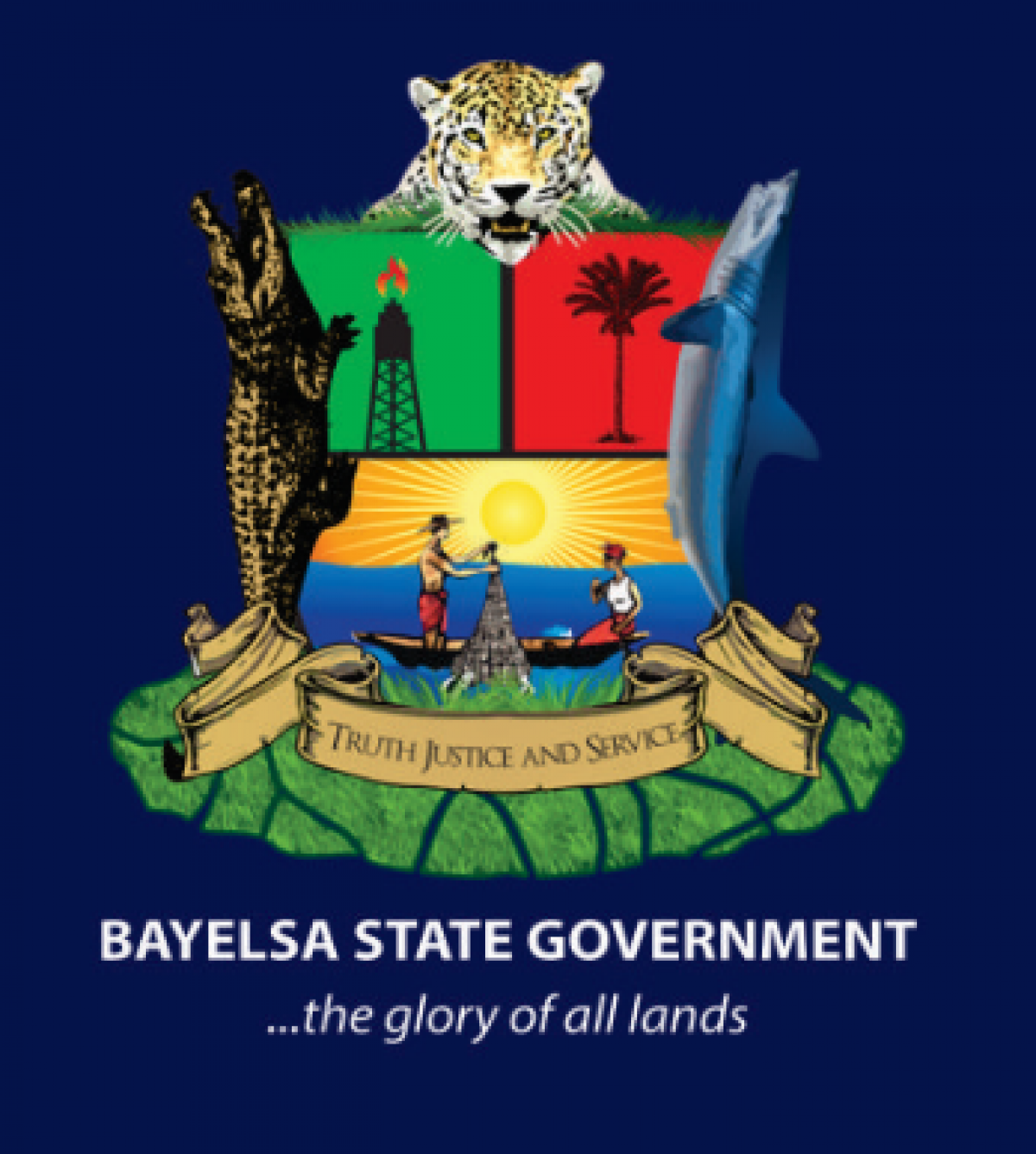The Wild Africa Fund has partnered AREWA24 TV to expand its unique wildlife-focused television series, “Dr Mark’s Animal TV Show for Kids,” for Hausa-speaking audiences across the Northern region.
Mr Festus Iyorah, Nigerian Representative of the Wild Africa Fund, said this in a statement on Friday in Lagos.
Iyorah said the show was premiered on AREWA24 TV in primetime on Jan. 4, 2024.
He said Dr Mark’s Animal TV Show for Kids would enlighten children, primarily between seven and 14 years, about Nigeria’s rich biodiversity and their crucial role in its preservation.
According to him, the programme will air every Thursday evening at 7:00 p.m. (WAT), with a repeat broadcast at 5:30 p. m. on Fridays on DSTV Channel 261, GOtv Channel 136, and StarTimes Channel 138.
The show will also debut on CANAL+ Channel 297 and on Eutelsat 16A for free-to-air satellite viewers.
“We believe that a big part of this outreach and awareness starts with our kids.
“By partnering the Wild Africa Fund to voice-dub Dr Mark’s Animal Show into Hausa, we aim to bring greater awareness to millions of future Nigerian wildlife conservation activists and make learning about wildlife fun for the whole family,” Iyorah quoted Joseph Arback, the Chief Executive Officer of Arewa24 as saying.
He said that across several African countries, iconic wildlife species, including lions, gorillas, pangolins, leopards, chimpanzees, sea turtles, vultures, and numerous monkey species, were disappearing.
Iyorah said the pressure on wildlife and wild spaces had intensified with the clearing of land for commercial agriculture, illegal logging, and human-wildlife conflict, posing a significant threat to the continent’s wildlife.
He said animals were under threat today, partly due to a lack of public awareness across the continent.
According to him, Nigeria has emerged as a significant transit point in the illicit wildlife trade in recent years, notably involving pangolin scales and ivory.
He explained that the past year alone had seen the Nigeria Customs Services confiscate several critical shipments of pangolin scales, ivory, and other illegal wildlife commodities.
“Furthermore, there’s growing demand for bushmeat, especially in large cities in Nigeria.
“Fewer than 50 lions, 100 gorillas, 500 elephants, and 2,300 chimpanzees remain in Nigeria’s wilderness today.
“This decline highlights the urgency to raise awareness about these issues and inform the public, particularly the younger generation, who are poised to champion conservation efforts in the coming years,” Iyorah said.
He said that Dr Mark’s Animal TV show runs across 11 episodes and is over 24 minutes.
He said that each episode takes a deep dive into a species of animal, its features, ecological benefits, conservation status, the threats facing them, and what the audience could do to protect them.
“The first season profiles animals such as pangolins, parrots, snakes, turtles, lions, leopards and cheetahs, chimpanzees, gorillas, elephants, crocodiles, and rhinos, as well as domestic animals such as dogs.
The TV show also features interactive quizzes to enhance knowledge retention and engage viewers.
Also speaking, Dr Mark Ofua, the host of the show, urged parents and guardians to watch the new show alongside their children as it presents an opportunity to get them to learn more about Nigeria’s fantastic biodiversity.
“The translation of Dr Mark’s show into Hausa will ensure that kids there, especially in hinterland communities, will get the exciting and educational programme in a language they will understand.
“This is taking conservation to the grassroots level.
“These children will learn the importance of protecting this wildlife, understand why we need them to thrive in the wild, and press this message to their parents and society,” Ofua said.
He noted that Dr Mark’s Animal TV show, originally produced in English, currently airs on Nigeria’s SilverbirdTV and StarTimes and across Africa on Namibia’s OneAfrica, South Africa’s People’s Weather, Zimbabwe’s NRTV, and Rwanda’s Flash TV.(NAN)
By Fabian Ekeruche



